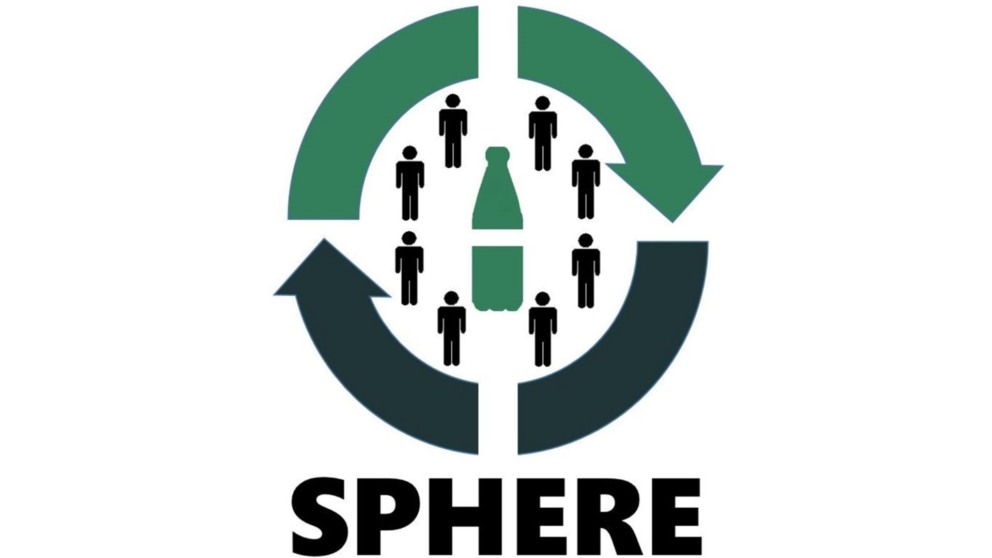Synthesizing Plastics: Helmholtz Expertise on plastics Research and policy Engagement
Duration

"Synthesizing Plastics: Helmholtz Expertise on Plastics Research and Policy Engagement" (SPHERE) addresses the global challenge of plastic pollution by consolidating and advancing knowledge on the end-of-life management of plastics. As international efforts such as the Global Plastic Treaty strive to combat plastic waste, SPHERE leverages the diverse expertise within Germany's Helmholtz Association to support sustainable policy development for plastic degradation and recycling.
Current plastics research within the Helmholtz Association spans multiple projects and disciplines, focusing on the environmental impacts, degradation processes, and circularity of plastics. Current research activities include, for example, the Microplastics Competence Cluster, which investigates the sources, distribution, and impacts of microplastics or FINEST, focusing on new circular technologies. These and other initiatives are brought together by SPHERE to find synergies, align strategies, and enhance the overall impact of plastics research across the Helmholtz Earth & Environment Program and beyond. By mapping and analyzing scientific research and policy documents, SPHERE identifies opportunities and barriers for more sustainable plastics governance. The project actively engages with stakeholders from policy, society, industry, and academia to bridge knowledge gaps and transform scientific insights into actionable knowledge. Through this comprehensive synthesis, SPHERE aims to support informed decision-making and contribute to environmental sustainability.
SPHERE will produce a synthesis of plastic research within the Helmholtz Earth & Environment Program, culminating in a synthesis report and policy brief. These outputs are intended to inform and guide improvements in plastics' end-of-life management and promote principles of circularity. By bundling insights across technological, societal, and environmental challenges, the project aims to create a knowledge base that supports collaboration, policy harmonization, and sustainable practices across national and international contexts.



